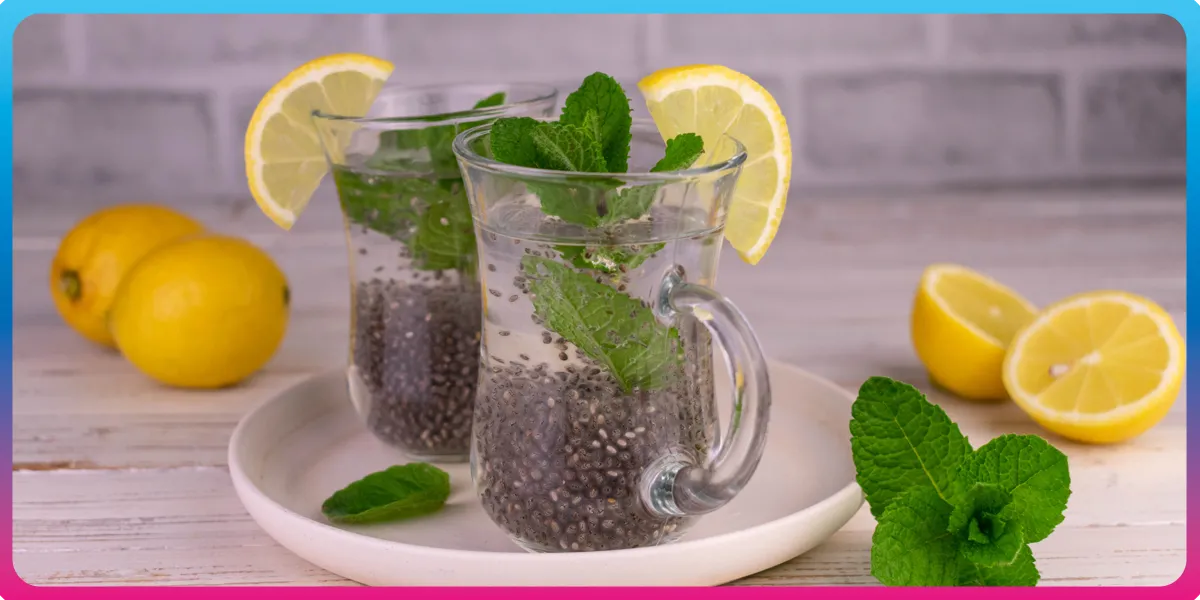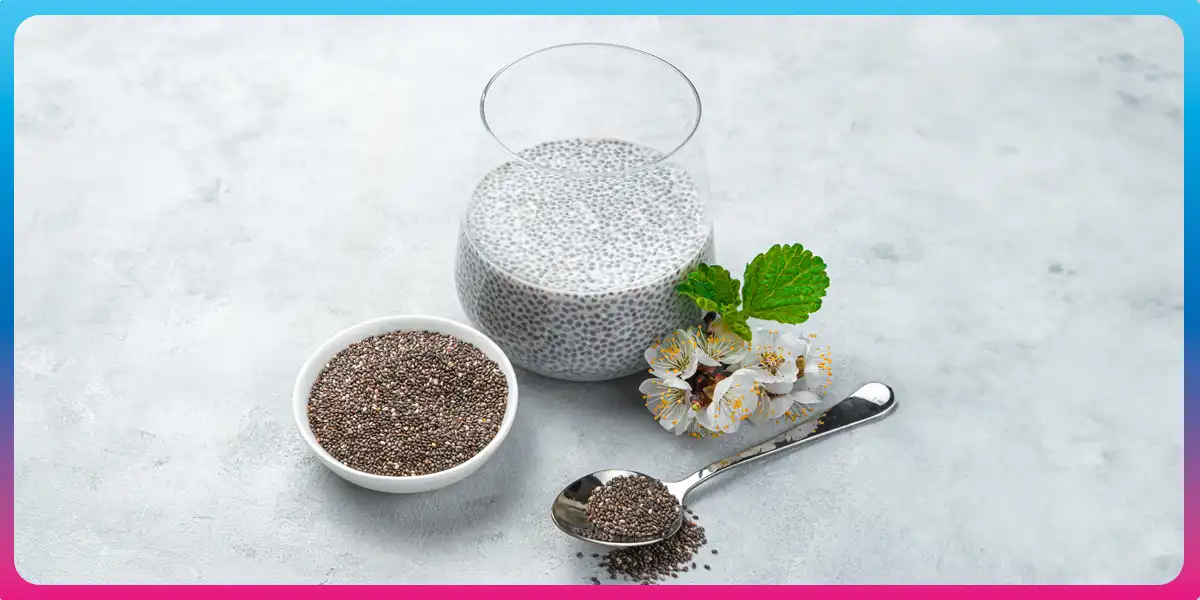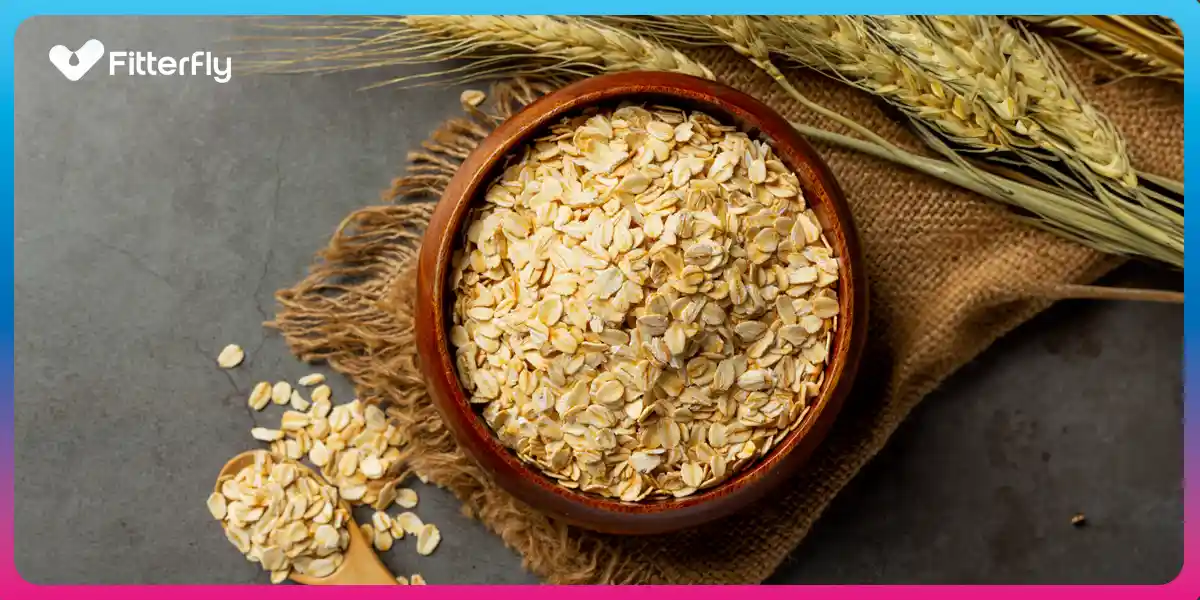Foods That Boost Child Immunity Against Infections

The Immune System of our body consists of a group of cells, proteins, tissues, and organs that fight against germs and infections. In an infant’s first few months of life, the immune system is not fully developed. However, infants are protected by antibodies passed on from their mother’s placenta before their birth. During the initial months after birth, the mother’s milk is said to build the child’s immunity. Breast milk is rich in colostrum and Immunoglobulin A that builds up immunity (also known as passive immunity)and continues to supplement the infant with disease-fighting antibodies long after delivery.
Formula milk cannot duplicate the benefits of mother’s milk. Studies have proved that breastfed infants suffer from fewer chronic diseases, such as allergies, colds, and coughs, and infections.No sooner the child begins to consume complementary feeds, the choices, and quality of food become very important to ensure the healthy development of the immune system.
Hence, our team of Pediatric Nutritionists at FitterFly has listed below some immune-boosting nutrients that one must consume in the daily diet. GoodStart is a safe and scientific lifestyle management program that helps your child meet their all nutritional and physical needs at different stages of development.
- Proteins: Proteins from the antibodies, interferon, and complement system that support immune system cells or attack viruses, bacteria, or other foreign substances in your body. Good quality proteins are found in milk, cheese, cottage cheese (paneer) curd, pulses, soybean, sprouts, nuts and dry fruits, eggs, chicken, and fish. The animal sources however contain high biological value proteins which are better absorbed by the human body even when consumed in smaller quantities. Vegetarian sources are fiber-rich but lack a few essential amino acids required by the body. They are better absorbed when consumed in combination with cereals for example Dal with Rice, Khichadi.
- Vitamin C: Vitamin C is one of the best-known immune-supporting vitamins as it contains antioxidants that increase infection-fighting white blood cells and antibodies. It is abundantly found in citrus fruits like oranges, lime, Indian gooseberry (amla), strawberries, bell peppers, and dark green leafy vegetables like fenugreek leaves(methi) and spinach. Heating or drying destroys most of the vitamin C contents. Amla stands out as an exception since it contains acidic protective agents to retain the Vitamin C content.
- Vitamin A: Vitamin A helps maintain vision and supports the immune system.Beta-carotene(Precursor of Vitamin A) increases infection-fighting cells, natural killer cells, and helper T-cells while decreasing the number of free radicals in the body. It is found in milk, eggs, carrots, bell peppers, oranges, peaches, tomatoes, and dark green leafy vegetables. Vitamin A content in milk and milk products depends on the carotene content of the grass in which the cows graze. This may vary as per season and location. Cows ghee is a rich source of Vitamin A, but up to 25% loss may occur on heating.
- Vitamin E: Vitamin E helps protect our hearts and immune system. It stimulates natural killer cells that seek out and destroy germs, bacteria and increases the production of B-cells which produce antibodies and destroy bacteria. It also prevents the oxidation of Vitamin A and beta carotene in the intestines. Vitamin Eis found in nuts, like sunflower seeds, almonds, hazelnuts, and oils, including soybean, olive, and canola oils.
- Vitamins B6 and B12: They help maintain healthy immune function and can be found in meat, beans, fish, cereals, pulses, yogurt and fermented foods, and germinated foods like sprouts.
- Zinc: Zinc is crucial for the normal development and function of cells mediating immunity. The ability of zinc to function as an anti-oxidant and stabilize membranes suggests that it also has a role in the prevention of free radical-induced injury during infections. The richest sources of Zinc are nuts and oilseeds, especially sesame seeds and pulses.
- Selenium: Selenium supports the functioning and development of immune function. Some common food sources are eggs, nuts, and oilseeds like almonds, walnuts, sunflower seeds, sesame seeds, and flax seeds.
- Omega-3 Fatty Acids: Omega-3 fatty acids boost immune function by increasing phagocyte (white blood cells that destroy bacteria) activity. They also protect the body against damage from inflammation due to infection. Omega-3 fatty acids and vitamin E complement each other, working together to give a major boost to the immune system. The foods containing omega-3 fatty acids include fish/fish oil, flaxseed/flaxseed oil, walnuts and canola, soyabean oil, sesame seeds, and almonds.
- ProbioticsResearch shows that eating foods or supplements containing certain types of good bacteria, also known as probiotics, may improve the function of the immune system and help reduce the risk of certain types of common infections. Probiotics can be found in a variety of fermented foods, including yogurt, cheese, curd, and in packed foods like Yakult which are easily consumed by children.
- FlavonoidsFlavonoids ingredients in some foods offer added health benefits and boost the immune system. They can be found in berries, bananas, cocoa, grapes, citrus foods, onions, and apples.
For more information, visit our website https://www.fitterfly.com/ or call us on 022 48971077 (ext. no. 5)
So, go the natural way Treat your food as medicine Give your child the right amounts cooked in the right way With all the essential nutrients packed To keep infections at bay.
This blog provides general information for educational and informational purposes only and shouldn't be seen as professional advice.












